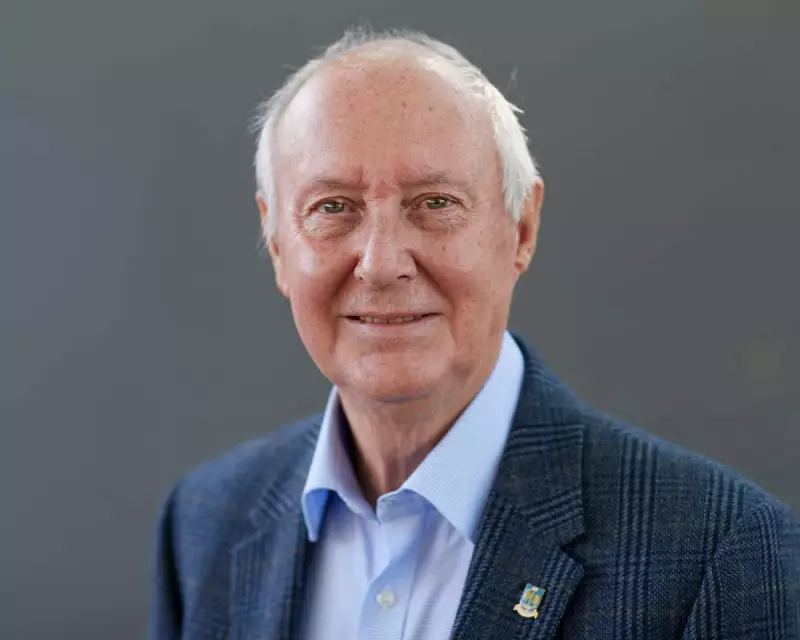
The medical world mourns the loss of one of its most influential figures, Sir Kenneth Calman, who passed away leaving behind a legacy that fundamentally reshaped British healthcare. The renowned Scottish surgeon and esteemed public servant served as Chief Medical Officer for both Scotland and England, leaving an indelible mark on the nation's health policies.
Born and educated in Glasgow, Calman's medical career began at the Western Infirmary where he quickly established himself as a promising surgeon. His expertise in cancer medicine propelled him to become the youngest professor of surgery in the UK at just 38 years old, setting the stage for a remarkable career in medical leadership.
Architect of Modern Public Health
As Chief Medical Officer during the tumultuous 1990s, Sir Kenneth faced unprecedented challenges including the BSE crisis. His calm, evidence-based approach and exceptional communication skills helped navigate these public health emergencies, earning him respect across political divides.
His most enduring contribution remains the Calman Report on cancer services, which revolutionized cancer care across the UK. The report established new standards for treatment and patient support that continue to save lives decades later.
A Man of Many Talents
Beyond medicine, Sir Kenneth was a Renaissance man of remarkable breadth. An accomplished writer and poet, he authored numerous books on medical ethics and even delved into the art of doodling. His 2014 work, The Creative Professional, explored the intersection of art and science, reflecting his belief in holistic approaches to complex problems.
Colleagues remember him as a leader who bridged the gap between medicine, politics, and the arts. His ability to translate complex medical concepts into accessible language made him particularly effective in public health communication.
Enduring Legacy
Even after retiring from his official roles, Sir Kenneth remained active in medical education and ethics. His work continues to influence how medical professionals are trained and how health policies are formulated across the UK and beyond.
He is survived by his wife Ann and their children, leaving behind a healthcare system profoundly improved by his vision, dedication, and unwavering commitment to public service.





